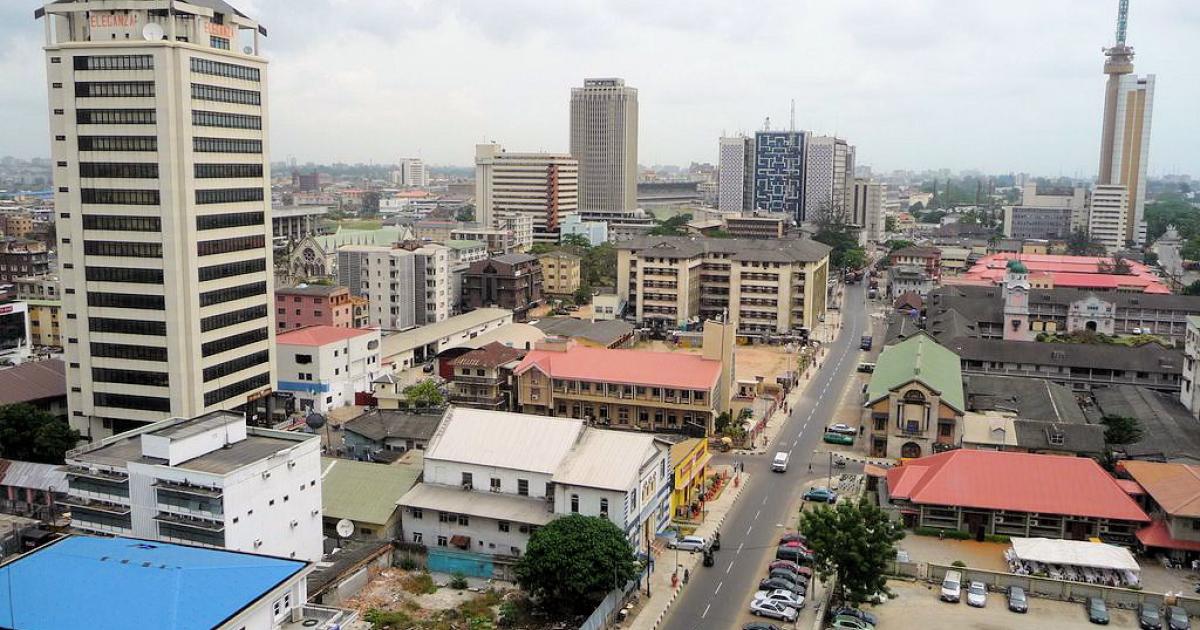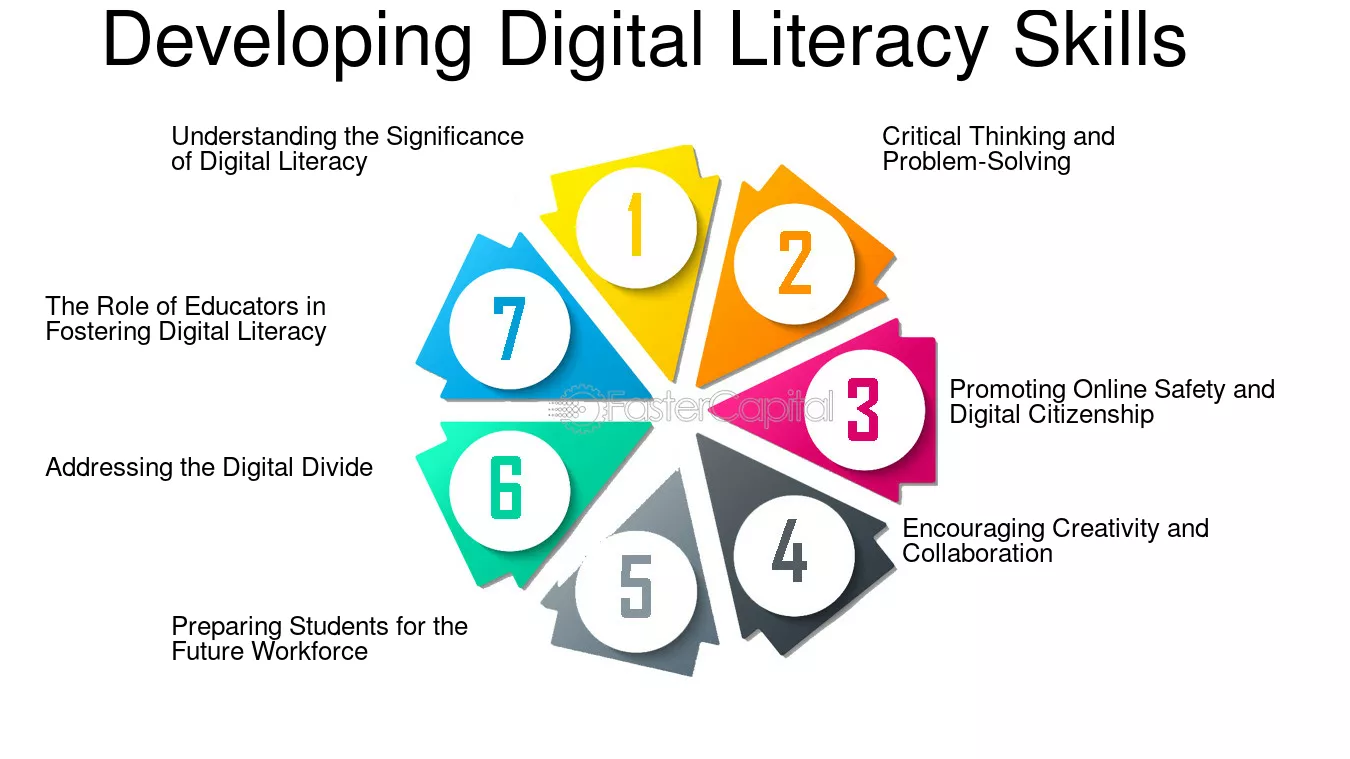Tech Beyond Lagos: Smaller Cities Are Becoming Africa’s Next Innovation Hubs

For years, Lagos and Nairobi have dominated Africa’s tech narrative the beating hearts of a fast-growing digital economy. Startups, investors, and global headlines all seemed to revolve around these cities. But quietly, across the continent, a new wave of innovation is emerging. From Ibadan to Kigali, Enugu to Mombasa, smaller cities are building their own tech ecosystems, rewriting the geography of opportunity in Africa.
This evolution signals a shift from centralization to decentralization, where technology and innovation are no longer confined to megacities. In 2025, the story of Africa’s digital future is expanding beyond its traditional capitals, driven by local talent, improved internet access, and a hunger for transformation.
A Silent Revolution in the Suburbs
In the past, anyone aspiring to work in tech in Nigeria had one destination in mind: Lagos. The city’s tech ecosystem, anchored by Yaba’s “Silicon Lagoon,” became synonymous with innovation. But Lagos, for all its energy, also became a city of chaos, overcrowded, expensive, and stressful.
As living costs soared, many young tech professionals began seeking alternatives. The city of Ibadan, just two hours away, quietly became a new haven for coders, developers, and digital creators. With affordable housing, less congestion, and growing internet infrastructure, Ibadan now hosts emerging communities like the Ibadan Tech Expo and several thriving co-working spaces.
Similar stories are unfolding across the continent. In Kenya, Mombasa has seen a boom in digital startups focusing on logistics and marine technology. In Ghana, Kumasi Hive has evolved into a central hub for hardware innovation and youth entrepreneurship. The revolution is happening not with noise, but with steady progress, as smaller cities redefine what an innovation hub truly means.
The Role of Internet Access and Infrastructure

The backbone of this decentralization is improved digital infrastructure. Over the last decade, Africa’s broadband penetration has grown dramatically, reaching over 45% by 2025, according to the ITU. Fiber-optic expansions, affordable 4G and 5G rollouts, and mobile internet competition have opened once-remote regions to global connectivity.
For smaller cities, this access is transformational. Entrepreneurs can now host online businesses, participate in global markets, and collaborate across borders. Platforms like Andela and Remote are tapping into this shift, sourcing developers from across Nigeria and East Africa, not just from major cities.
Connectivity has become the great equalizer. With stable internet, geography no longer limits ambition. The same opportunities available in Lagos or Nairobi are now accessible in cities once dismissed as “too small” for tech dreams.
Talent Migration: From Big Cities to New Frontiers
A growing trend across Africa is reverse migration, skilled professionals leaving congested cities for calmer, smaller ones. In Nigeria, tech workers frustrated by high rent and poor quality of life are relocating to Ibadan, Ilorin, or Uyo. In Ghana, many Accra-based creatives are now building studios in Takoradi and Cape Coast.
This migration is not about escaping work, it’s about reclaiming balance. Smaller cities offer cheaper living costs, better work-life integration, and space to think creatively. With remote work and digital tools, many professionals find they can build careers anywhere.
The result is a more distributed workforce, where innovation emerges from multiple nodes rather than one central hub. This not only diversifies opportunity but also reduces brain drain, as more local communities gain access to top-tier talent and knowledge.
Local Governments Are Catching On
One of the most exciting developments in this trend is how local governments are beginning to support it. In Rwanda, the government’s investment in Kigali Innovation City has transformed the capital into a magnet for startups and educational institutions. But smaller cities like Huye and Rubavu are now gaining attention, with policies that support tech-enabled agriculture and renewable energy startups.
In Nigeria, Oyo State’s government has introduced incentives for co-working spaces and youth-focused tech programs. The goal is to make Ibadan a digital powerhouse beyond Lagos. Ghana’s Ministry of Communications has also launched regional digital centers, enabling skill development in cities like Sunyani and Kumasi.
Policy is becoming a powerful enabler. As governments recognize the potential of regional innovation, they’re realizing that economic diversification begins with empowering local ecosystems.
The Power of Community and Collaboration
If there’s one thing that defines Africa’s new tech wave, it’s community. Unlike traditional corporate structures, these emerging hubs thrive on collaboration and peer learning.
In Enugu, groups like Genesys Tech Hub are nurturing young innovators through mentorship and incubation. In Ibadan, CoLab and Wennovation Hub are connecting entrepreneurs to investors and talent networks. These spaces are more than offices, they’re launchpads for transformation.
Many founders in these cities are not chasing Silicon Valley-style valuation dreams. Instead, they’re focused on solving local problems, from health-tech tools for rural communities to fintech apps for small traders. This problem-first approach gives smaller-city innovation a grounded authenticity that resonates with real African challenges.
Funding Still a Challenge, But Momentum Grows
Of course, challenges remain. Funding continues to be a major barrier for startups outside established hubs. Investors still prefer Lagos, Nairobi, and Cape Town, where networks are mature and infrastructure is proven.
Yet, the momentum is shifting. Venture firms and accelerators are beginning to explore regional ecosystems. In 2024, Future Africa announced micro-funds targeted at early-stage startups in secondary cities. Similarly, Tony Elumelu Foundation and Google for Startups Africa have expanded outreach beyond the big capitals.
The rise of angel investor collectives and crowdfunding platforms is also democratizing capital. More Africans are investing in Africans, even from smaller communities. This localized funding approach will be vital to sustain the next decade of tech growth across the continent.
Education and Skill Development Drive the Change
At the heart of every innovation ecosystem lies knowledge. Smaller cities are increasingly investing in digital literacy and skill development to power their tech ambitions.

In Enugu, universities are partnering with hubs like Genesys to integrate coding and entrepreneurship into their curriculum. In Ibadan, organizations like Dataleum and AltSchool Africa are producing world-class developers and data analysts. In Rwanda, coding bootcamps are training young people for regional and global markets.
This focus on education ensures that talent growth matches technological advancement. Africa’s smaller cities are proving that human capital is the most valuable infrastructure of all.
From City Pride to Regional Empowerment
In the past, many young Africans associated success with moving to capital cities. But today, there’s growing pride in building where you are. The rise of smaller hubs is sparking a cultural shift from city migration to regional empowerment.
Tech events and hackathons in places like Uyo, Jos, and Eldoret are drawing hundreds of participants. Influential voices in African tech now emphasize sustainability, community growth, and regional balance. The message is clear: innovation can come from anywhere.
This mindset is particularly powerful for Africa, where inclusivity is key to long-term growth. By decentralizing innovation, the continent is ensuring that no city or region is left behind.
Innovation Without Boundaries
The age of a single “tech capital” in Africa is ending. The continent’s digital growth is no longer confined to Lagos, Nairobi, or Cape Town. Instead, a new geography of innovation is emerging dynamic, inclusive, and borderless.
Smaller cities are not waiting for permission to join the conversation. They’re building their own ecosystems, creating jobs, and redefining what progress means for Africa. The next billion-dollar idea may not come from Lagos, it might come from Ibadan, Kigali, or Enugu.
This is the true spirit of Africa’s tech revolution: innovation without boundaries.
Recommended Articles
You may also like...
Rodri's Shock Injury Blow Rocks Man City & Spain Squad!
)
Spain's football federation has confirmed midfielder Rodri's withdrawal from the national squad due to a hamstring injur...
Flying Eagles Soar to Argentina Showdown After Thrilling Colombia Draw at U20 World Cup!
)
The Nigerian Flying Eagles have advanced to the Round of 16 of the 2025 FIFA U-20 World Cup after a dramatic 1-1 draw wi...
Tallinn TV Beats Premieres Eran Riklis's Latest Project Amidst Star-Studded Slate Reveals

The Tallinn Black Nights Film Festival's TV Beats Co-Financing Market unveils eight premium drama series, including Eran...
Taylor Swift's 'Showgirl' Dominates Box Office, Crushing Dwayne 'The Rock' Johnson's Film

Taylor Swift's special movie event, "Taylor Swift: The Official Release Party of a Showgirl," dominated the box office t...
Taylor Swift Slams Rumors of Music Retirement After Travis Kelce Wedding

Taylor Swift has assured fans that her marriage to Travis Kelce will not signal an end to her music career, calling such...
Netflix Unveils Hollywood Star's 'Most Polarising Film Ever' with Staggering Twist

Netflix has added "Eileen," a controversial 2023 thriller based on Ottessa Moshfegh's novel, known for its jaw-dropping ...
From Icon to Unrecognisable: 90s Pop Star's Shocking Transformation

D:Ream frontman Peter Cunnah reflects on the band's chart-topping past with hits like "Things Can Only Get Better" and h...
Fairytale Nuptials: Sereta & Silvio Celebrate Love with Stunning Destination & Traditional Weddings!

Sereta and Silvio's love story, born on Hinge, beautifully culminated in two spectacular wedding celebrations. Their jou...
.png&w=1920&q=75)

